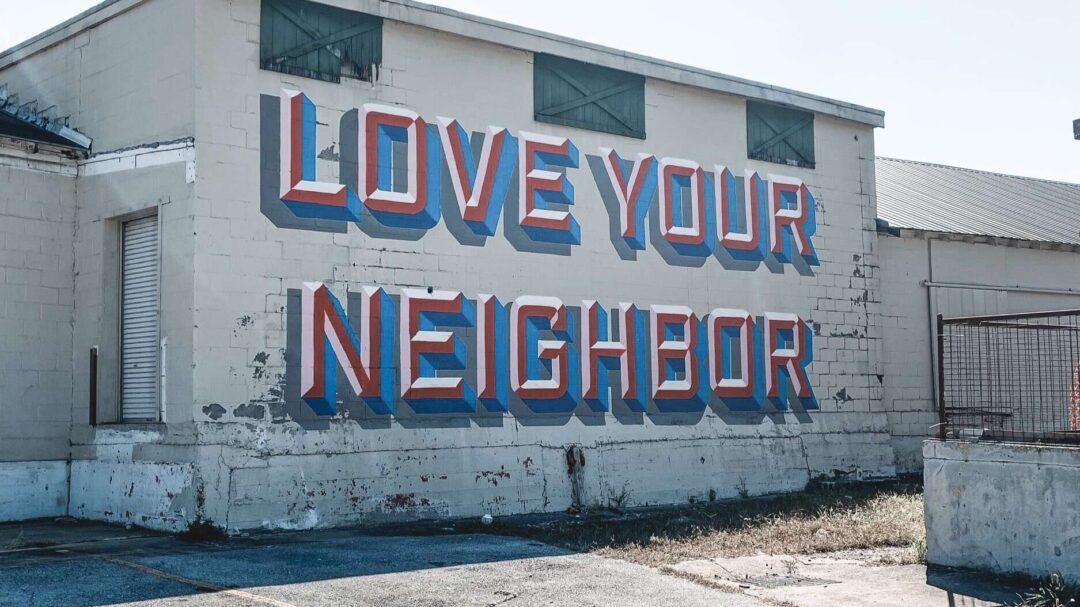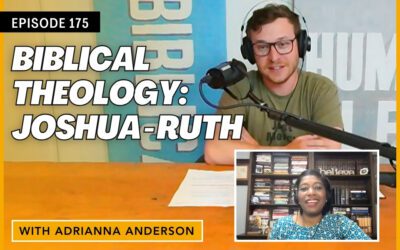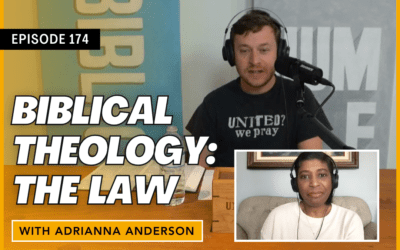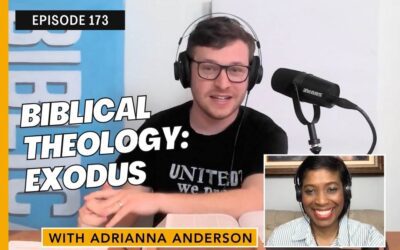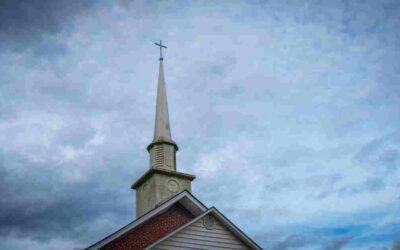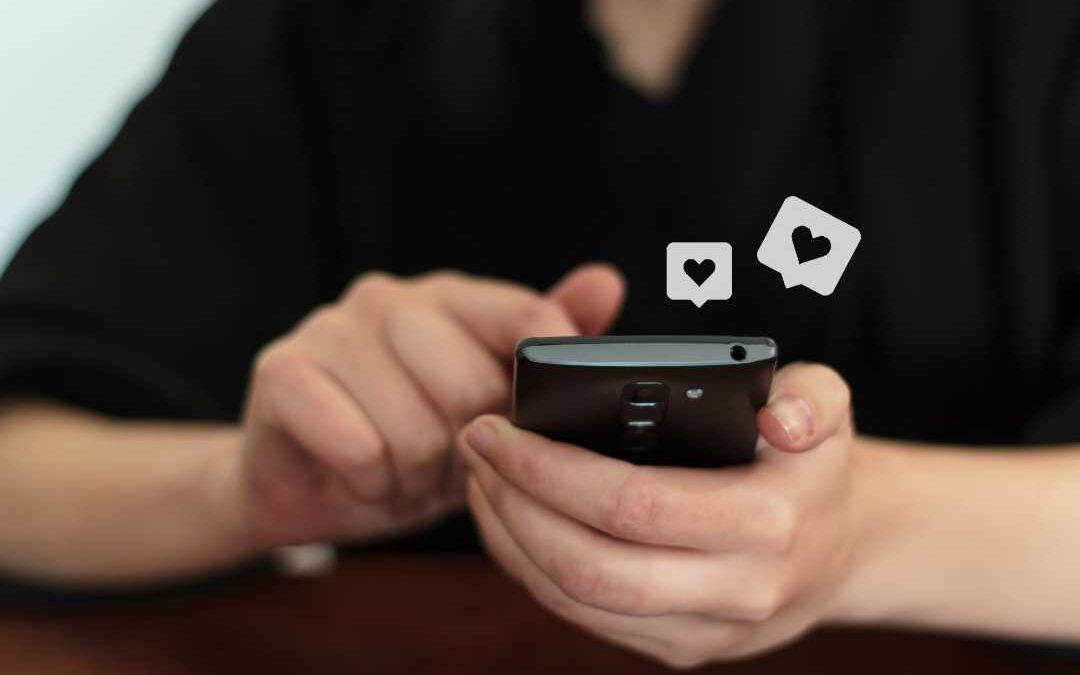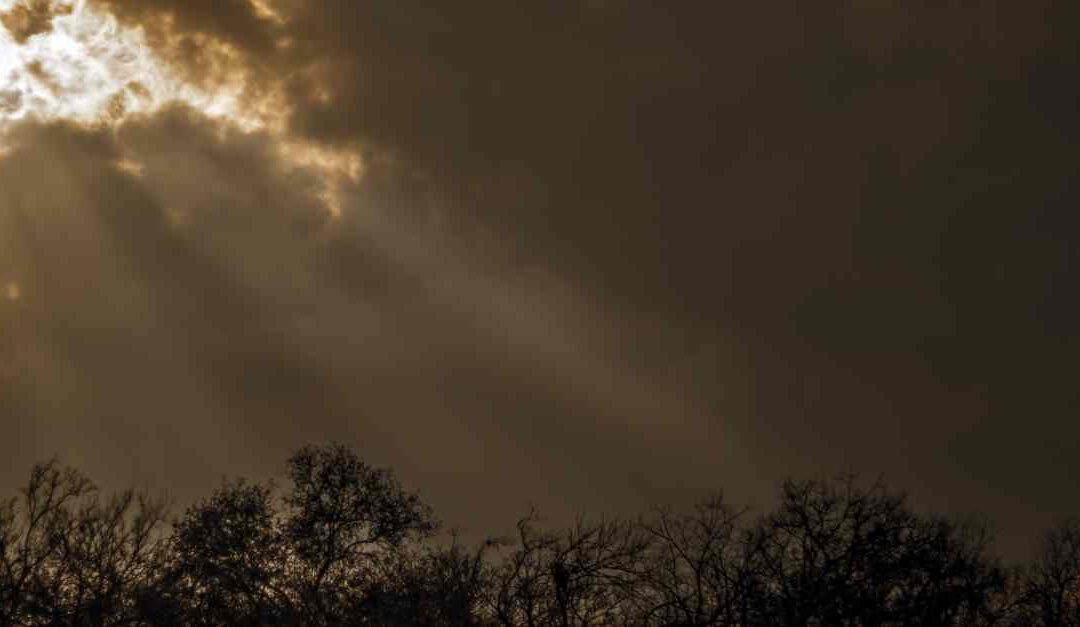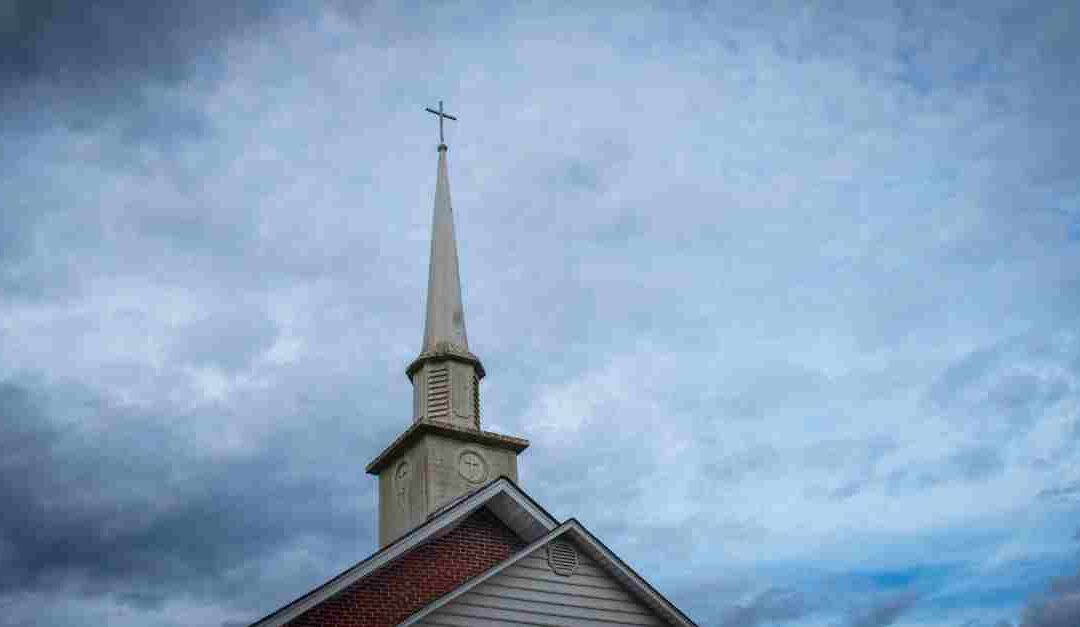Christian Solutions to Racism? Christians are fond of using the word “Christian” as an adjective. It’s more than branding. The motivation can be right. For example, Christian health care sharing ministries may sound gimmicky at first hearing until we think about what they may or, more importantly, may not cover. To call something Christian is to say that Christians approach an issue in a uniquely Christ-like way. What about engaging racism?
Christians agree racism is bad. But we disagree about its prevalence, its causes, what to do about it, and how we go about doing something.
I want to consider that last question, and I want to emphasize two truths about love that must always guide us when oppose racism:
1. Christian Love Is More Than Not Sinning Against Our Neighbor
At root, ethnic partiality is a failure to love one’s neighbor. It can take many forms from outright hostility to neglect. But ridding ourselves of racism is not the end goal. Scripture teaches that a lack of love is a fatal flaw which undoes any number of otherwise good works (1 Corinthians 13:1–3).
There are structural injustices which need to be corrected. People spend lots of time working on that, and that is a good thing. This must be done, and for the Christian this ought to be propelled by love for neighbor.
But making abstract love concrete in our day-to-day lives is where the rubber meets the road. We should not think only in terms of eradicating racism. If that was our goal and we miraculously succeeded, it is possible to do so without love. If we are aware of ethnic partiality in our own lives, we should ruthlessly root it out. But we cannot stop there. Because partiality is a failure to love, we ought to, well, love.
Love doesn’t work very well in the abstract. Abstract love is no love at all. Love requires its sights to be set on other people. Has ethnic partiality slanted the way you love others? If so, that’s not the unforgivable sin. But like any other sin, we must repent and turn to God by turning our capacity to love away from self and on to others that we once sinned against.
2. Christian Love Guides Our Methods
Sometimes our assumption is that God has told us what to do (such as, “Love your neighbor as yourself” [Luke 10:25–37]), but not necessarily how to do it. While there may be some truth to that, Scripture has much to say about how we conduct ourselves. When God’s word tells us to be patient, kind, humble, slow to speak, quick to listen, and slow to take offense (1 Corinthians 13:4), those commands are not limited to particular situations. There is no asterisk to say, “Except when engaging those who disagree about race.”
Not only must our speech be governed by love, so must our actions. We exhibit trust in God by not compromising our integrity. We do not resort to deceptive or underhanded tactics. We do not try to misrepresent, deceive, or trick our opponents.
These seem like elementary principles which could almost be assumed rather than stated. But if you consistently apply them, you will stand out, even amongst those who claim the name of Christ.
If we are going to put Christ’s name on something, we ought to make sure we bring it no shame. Let us not cheapen the reputation of our Lord for branding purposes or to win arguments. Justice is too important to trust to anyone but God, so let’s pursue it in the ways He has prescribed, by loving our neighbors as ourselves.
Originally Published: April 1, 2021
Prayer Requests:
- Pray that God would show you worldly thinking which has crept into your theology.
- Pray that God gives us a firm trust in Him that does not falter when we encounter unkindness.
- Pray that God’s people would stick out like a sore thumb for how kind we are.

